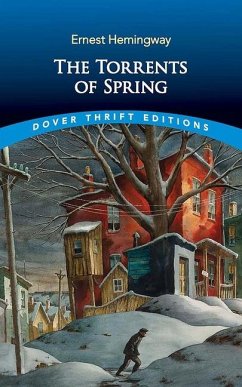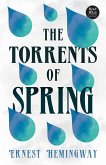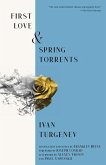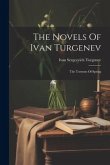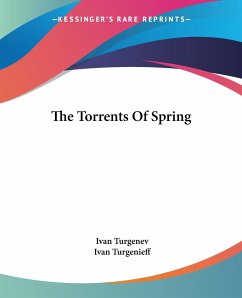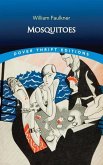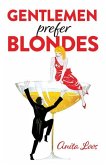"The Torrents of Spring reveals Mr. Hemingway's gift for high-spirited nonsense. Whatever its effect on literary foibles, it contributes to that thoughtful gayety that true wit should inspire." --The New York Times Displaying early humor and wit, Ernest Hemingway's charming and entertaining novella The Torrents of Spring is a hilarious parody of Sherwood Anderson's Dark Laughter. Exasperated with pretentious literary styles and ideas, Hemingway crafted his disillusions into a comedic satire aimed not only at Anderson's book but numerous other great writers of the day, including D. H. Lawrence, Ford Madox Ford, F. Scott Fitzgerald, Gertrude Stein, James Joyce, and John Dos Passos. Apparently written in six to ten days, this sardonic narrative about two men and their search for the perfect woman was Hemingway's first long work. The Torrents of Spring was originally published in 1926, the same year as his acclaimed novel The Sun Also Rises. It is a fascinating and unique look into Hemingway's formative years as a storyteller and writer.
Bitte wählen Sie Ihr Anliegen aus.
Rechnungen
Retourenschein anfordern
Bestellstatus
Storno

